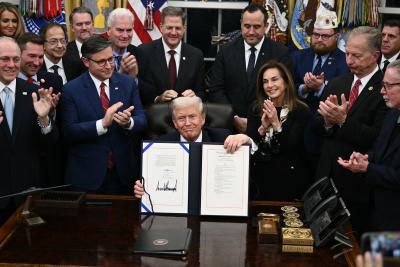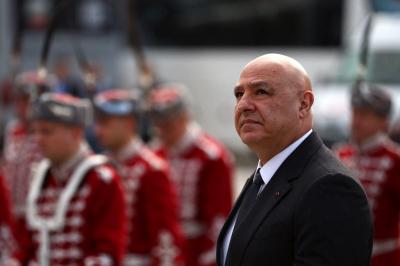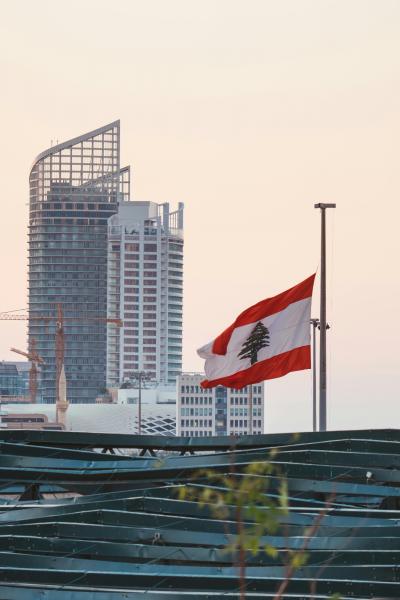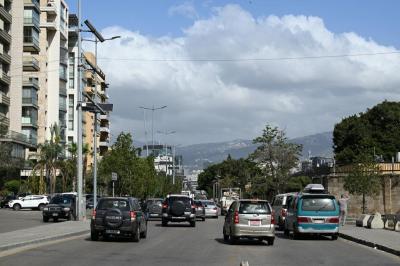The decision issued by the Beirut Bar Association suspending trainee lawyer Roula Dayekh from practicing for six months has ignited sweeping debate over the limits of legal awareness on social media and the role of the Bar in regulating the profession versus the public’s right to access legal information.
The Beginning: A Video… Followed by a Severe Penalty
The case began when Dayekh posted a video on her Instagram page offering legal information and awareness to the public—a type of content that has become increasingly common in recent years among Lebanese lawyers.
However, the Bar considered this activity a violation that warranted punishment and issued a decision suspending her from practice for six months, prohibiting her from engaging in any legal work during this period.
Dayekh says she was summoned for questioning over content identical to what many other lawyers publish without facing any repercussions, noting that “the procedures in my case moved at an unusually rapid pace compared to other files, raising questions about the reason behind the hasty and swift issuance of the decision.”
Dayekh: I Am Under the Bar’s Authority… But Justice Must Apply to Everyone
In the video she posted, Dayekh stressed that she respects the law and the Bar Association and is willing to stop any content the Bar considers a violation—provided that “the same rules apply to everyone without exception.”
She argued that what happened to her went beyond a disciplinary measure and had become a painful experience that revealed the need for equal justice that does not discriminate between lawyers or apply standards selectively.
She also announced that she has filed an appeal before the Court of Appeal, insisting that she is not seeking sympathy but fairness—fairness that guarantees every lawyer the right to practice their profession within the limits of the applicable laws.
The Legal View: Does Awareness Content Really Constitute a Violation?
Several lawyers and legal experts explain that regulating the media appearances of lawyers has long fallen within the Bar Association’s authority. The goal is to prevent the profession from being turned into a commercial platform and to ensure that no general legal advice is provided in ways that may be misinterpreted or used out of the proper legal context.
According to this perspective:
- Legal awareness videos may fall under “disguised advertising,” which the Bar strictly prohibits.
- Offering general legal advice to the public can confuse and expose people to misunderstanding the law.
- Bar associations worldwide impose strict controls on public legal discourse to protect the profession.
- Lawyers are required to comply with the profession’s ethics, including limits on media appearances unless permitted or regulated.
From this viewpoint, the Bar applied the law—even if some disagree with the severity of the sanction.
The Opposing View: An Unjustified Punishment… and a Restriction on Knowledge
On the other hand, several lawyers and human rights advocates view the Bar’s decision as a dangerous regression at a time when legal knowledge has become a daily necessity for people, especially in a country where citizens face weak institutions and limited access to justice.
According to this camp:
- Legal awareness does not constitute commercial advertising but a public service.
- The Bar is suppressing public discourse that should be encouraged, not punished.
- Dayekh did not promote herself; she shared general information every citizen should know.
- Penalizing her while others do the same raises the issue of double standards within the Bar.
The punishment is disproportionate and may serve as a warning shot to anyone who considers sharing legal knowledge publicly.
Between Law and Public Rights: A Continuing Struggle
Roula Dayekh’s case has opened a new debate about the Bar’s role in the digital age:
Should lawyers avoid providing online awareness entirely?
Or should the Bar update its regulations to adapt to digital legal content instead of resorting to harsh disciplinary action?
Many believe the solution lies in creating a clear and modern guideline for legal awareness on social media that specifies:
- What is allowed and what is not.
- How to present general information without violating professional rules.
- A unified ethical framework applicable to all lawyers.
Such an approach would protect the profession from misuse without depriving the public of essential legal knowledge.
A Case That Goes Beyond Roula Dayekh
Whether the Bar’s decision was justified or not, Roula Dayekh’s case has exposed a real gap between the Bar Association and the modern requirements of communication, and between the law and the public’s right to information.
With Dayekh’s appeal now before the judiciary, the courts will have the final say—while the broader debate continues over the future of legal discourse in Lebanon in the age of social media.
Please post your comments on:
[email protected]
 Politics
Politics












